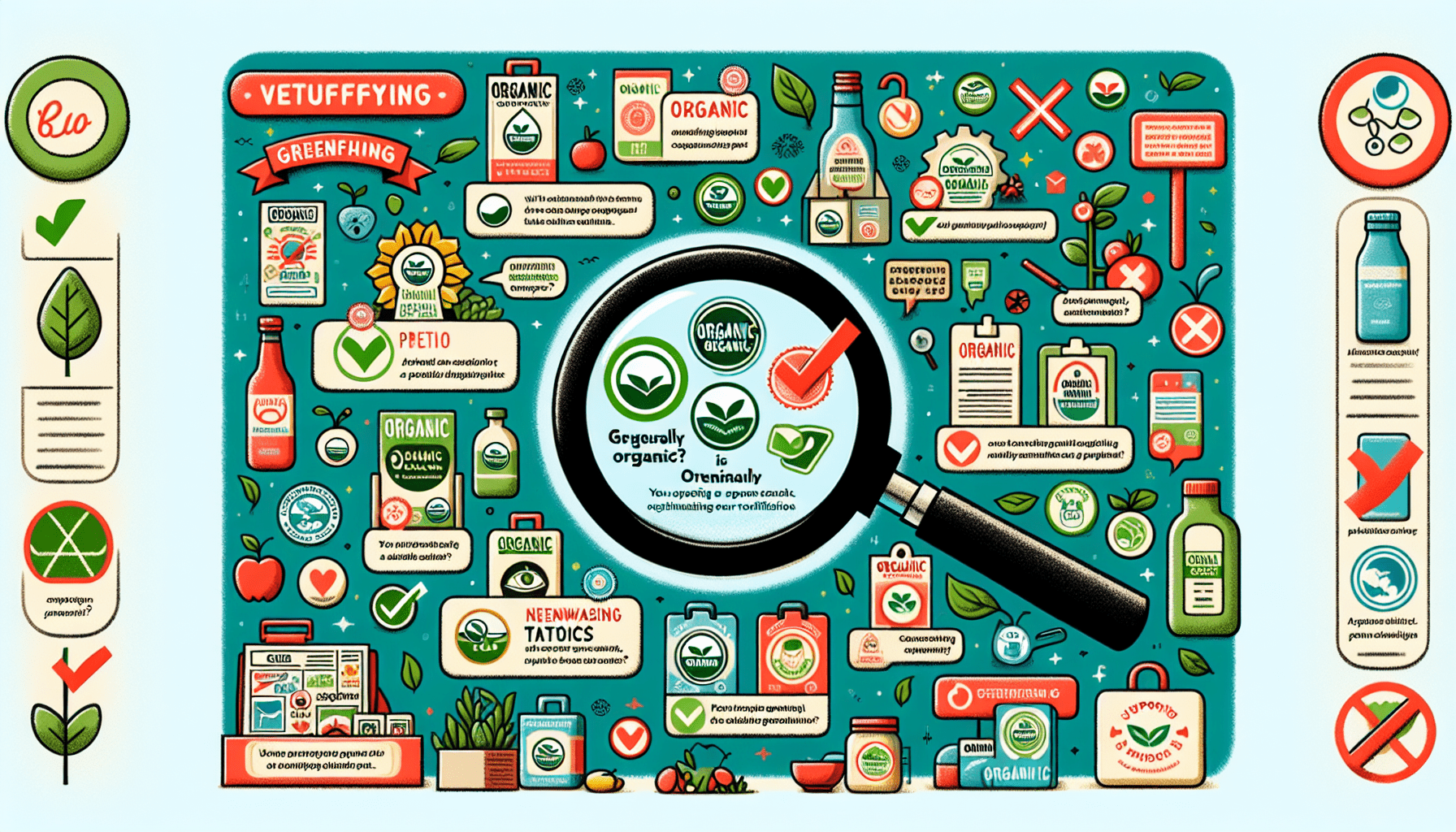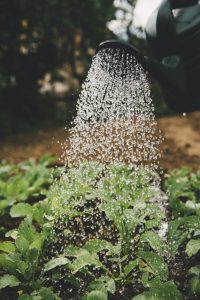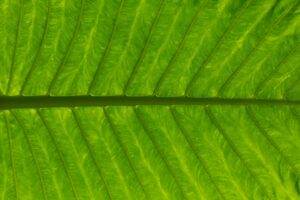Curious about how to ensure the authenticity of organic products? Look no further, as we explore the various ways to verify whether a product is truly organic or not. From checking labels and certifications to understanding the importance of organic farming methods, we’ve got you covered. So, the next time you hit the grocery store or browse online, you’ll be equipped with the knowledge to make well-informed choices and support sustainable, organic practices.

Certification Labels
Look for USDA Organic Seal
When trying to determine if a product is truly organic, one of the first things to look for is the USDA Organic seal. This label indicates that the product has been certified by the United States Department of Agriculture (USDA) as meeting specific organic standards. The USDA Organic seal is highly recognized and trusted, and it ensures that the product has been produced using approved methods that promote ecological balance and conserve biodiversity.
Check for Other Recognized Certification Labels
In addition to the USDA Organic seal, it is also beneficial to check for other recognized certification labels on the product packaging. These additional labels are often indicative of the product meeting specific standards beyond those required by the USDA. Some examples of other recognized certification labels include Fair Trade, Rainforest Alliance, and Non-GMO Project Verified. Each of these labels serves as an additional guarantee that the product has undergone rigorous testing and scrutiny to meet specific organic and ethical standards.
Ingredients List
Look for Organic Ingredients
To verify if a product is truly organic, it is important to carefully examine the ingredients list. Look for ingredients that are labeled as organic. The presence of organic ingredients indicates that the product has been made with a significant portion of organic materials. However, it is important to note that the presence of some non-organic ingredients does not necessarily mean the product is not organic. The key is to ensure that a substantial proportion of the ingredients are organic.
Check for Non-GMO Project Verified
In addition to organic ingredients, it is also advisable to look for the Non-GMO Project Verified label on the product packaging. This label indicates that the product has been tested and verified to be free of genetically modified organisms (GMOs). Many consumers prefer to choose organic products that are free of GMOs as they may have concerns about the potential health and environmental impacts of genetically modified crops.
Avoid Synthetic Ingredients
While looking for organic and non-GMO ingredients, it is essential to avoid products that contain synthetic ingredients. Synthetic ingredients are those that have been artificially created in a laboratory and may be derived from non-renewable resources or have potential harmful effects on human health or the environment. By avoiding synthetic ingredients, you can ensure that the product aligns with organic principles and is more in line with a natural and eco-friendly lifestyle.
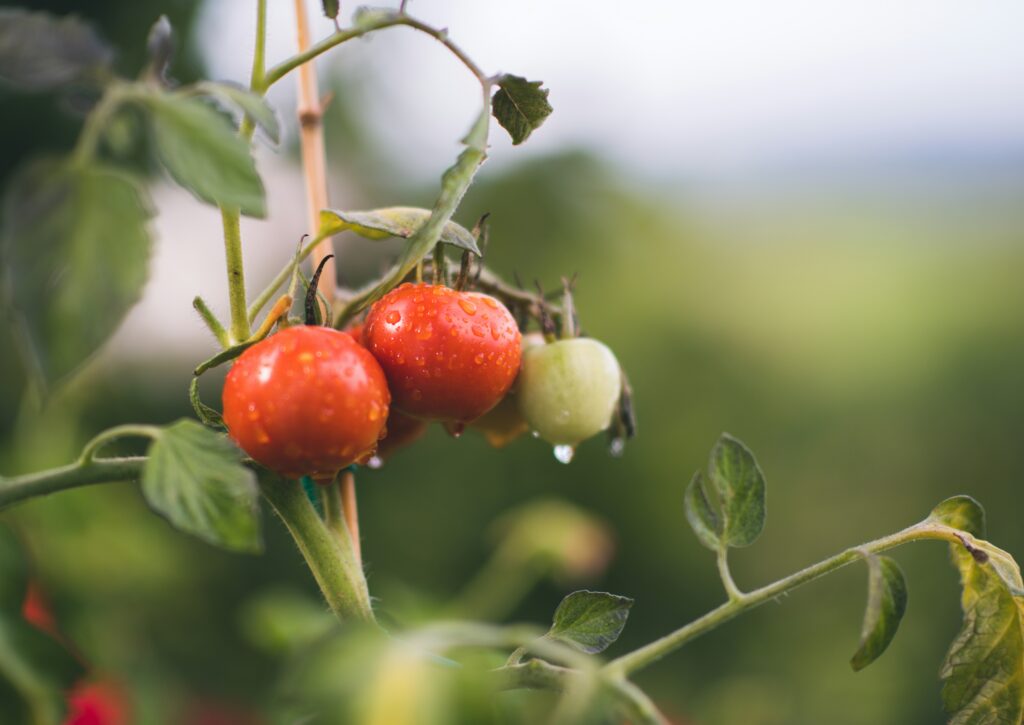
Product Packaging
Read Packaging Information
To determine if a product is truly organic, it is crucial to read the packaging information thoroughly. Look for any claims or statements related to the organic nature of the product. Pay attention to terms like “100% organic,” “made with organic ingredients,” or “certified organic.” These phrases can provide valuable insights into the level of organic content in the product. However, it is important to remember that some companies may use misleading language or make exaggerated claims, so it is necessary to further investigate and verify these claims for authenticity.
Look for Eco-Friendly Packaging
In addition to examining the product’s organic certifications and claims, it is also important to consider the packaging itself. Look for packaging materials that are eco-friendly and sustainable. Opt for products that use recycled or biodegradable packaging materials whenever possible. Choosing products with eco-friendly packaging demonstrates a commitment to not only organic practices but also to minimizing the impact on the environment throughout the product’s lifecycle.
Product Claims and Advertising
Beware of Misleading Claims
When verifying the organic authenticity of a product, it is essential to be cautious of misleading claims. Some companies may use buzzwords like “natural” or “green” to imply organic practices, even if the product doesn’t meet the necessary organic certification standards. It is crucial to be skeptical and not solely rely on such claims. Instead, look for concrete evidence, such as organic certifications and recognized labels, to substantiate the product’s organic status.
Look for Specific Language
To ensure the product is truly organic, it is recommended to look for specific language in the product claims and advertising. Phrases like “certified organic,” “meets USDA organic standards,” or “approved by organic certification bodies” provide a higher level of confidence in the product’s authenticity. Moreover, specific language related to sustainable and environmentally friendly practices, such as “carbon-neutral,” “renewable energy usage,” or “zero-waste manufacturing,” can further support the overall organic credibility of the product.

Traceability and Supply Chain
Understand the Supply Chain
When verifying the organic credentials of a product, it is important to understand its supply chain. This involves gaining insights into the origins of the ingredients and the production processes. Look for products that provide transparent information about their suppliers, farms, and production methods. By understanding the supply chain, you can ensure that the product aligns with your expectations of organic authenticity.
Traceability through Transparent Labels
One way to ensure traceability and transparency in the supply chain is by examining the product’s labels. Look for labels that provide detailed information about the origin of the ingredients, such as “grown on certified organic farms” or “sourced from sustainably managed forests.” Transparent labels indicate that the company is committed to accountability and can provide a credible trail of the product’s journey from farm to shelf. Additionally, some companies may even provide batch numbers or QR codes that allow consumers to trace the product’s origins and certifications.
Online Research
Visit the Company’s Website
When trying to verify the organic nature of a product, it is beneficial to visit the company’s website. Many reputable companies provide detailed information about their organic practices and certifications on their websites. Look for pages dedicated to sustainability, organic certifications, and supply chain transparency. By exploring the company’s website, you can gain valuable insights into their commitment to organic principles and make an informed decision about their products’ authenticity.
Search for Third-Party Certifications
In addition to examining the company’s website, it is also advisable to search for third-party certifications and endorsements. Many independent organizations specialize in verifying and certifying organic products. Look for certifications from organizations like the Organic Food Chain (OFC), Soil Association Certification, or Ecocert. These certifications demonstrate that the product has undergone rigorous testing and evaluation by an unbiased third party, further validating its organic status.
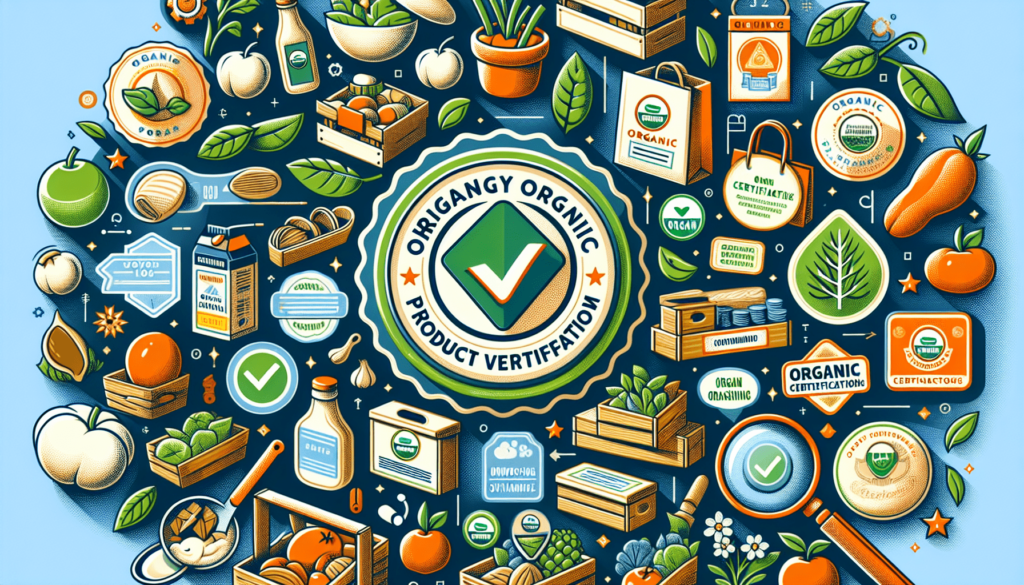
Consumer Reviews and Ratings
Check Online Reviews
To get a sense of the organic authenticity of a product, it is helpful to check online reviews from other consumers. Reading reviews can provide insights into the quality and effectiveness of the product, as well as whether it lives up to its organic claims. Look for reviews from verified purchasers who have specifically mentioned the organic aspects of the product. Keep in mind that opinions may vary, so it is advisable to consider a range of reviews to form a well-rounded assessment.
Ask for Recommendations
Another way to verify the organic credibility of a product is to ask for recommendations from friends, family, or online communities who prioritize organic living. Seek insights from individuals who have experience with organic products in the same category as the one you are considering. Their personal experiences and knowledge can provide valuable suggestions and further contribute to your understanding of the product’s organic legitimacy.
Retailer and Brand Reputation
Research the Retailer’s Standards
When considering the organic authenticity of a product, it is worth researching the retailer’s standards for selecting and selling organic products. Different retailers may have different methodologies for evaluating the organic claims of the products they stock. Look for retailers that have a reputation for upholding high organic standards and curating a selection of genuine organic products. By purchasing from reputable retailers, you can have greater confidence in the authenticity of the organic products they offer.
Look for Trusted Brands
Another way to ensure the organic credentials of a product is to choose from trusted brands with a well-established reputation for organic practices. Look for brands that have a history of prioritizing organic ingredients and sustainable manufacturing processes. Trusted brands often have a loyal customer base and a commitment to maintaining their organic authenticity. Opting for these brands can give you peace of mind that the product meets the desired organic standards.
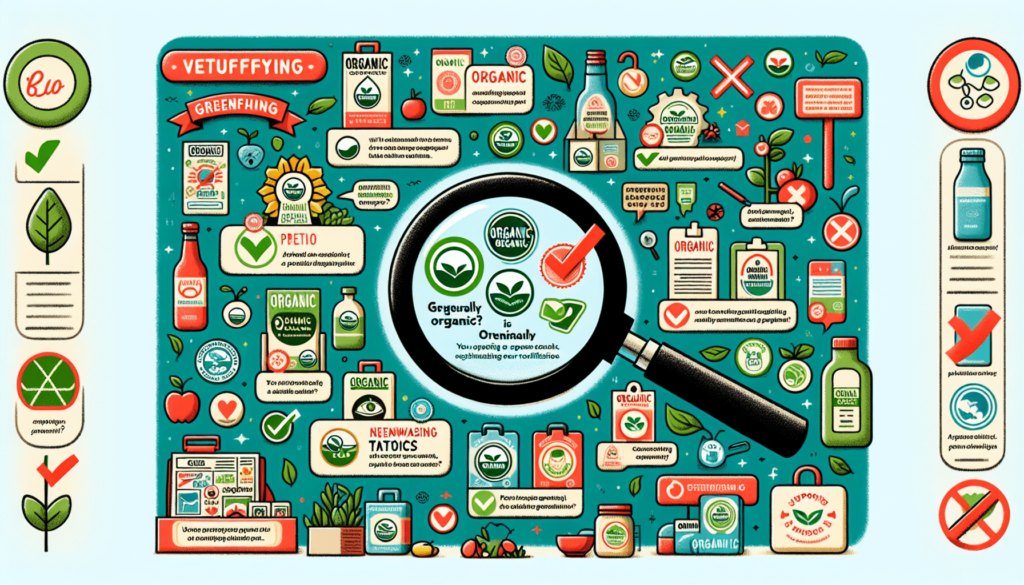
Organic Trade Associations and Websites
Refer to Organic Trade Associations
Organic trade associations are valuable resources when it comes to verifying the organic authenticity of a product. These associations often have rigorous standards and guidelines for organic certification and can provide a list of certified organic products and brands. Examples of organic trade associations include the Organic Trade Association (OTA), the Australian Organic Trade Association (AOTA), and the European Organic Certifiers Council (EOCC). Refer to these associations’ websites for information on certified organic products and brands in your region.
Explore Dedicated Organic Websites
There are several dedicated websites that focus specifically on organic products and provide extensive information about organic certifications and brands. These websites often curate lists of verified and certified organic products, making it easier for consumers to find authentic organic options. Explore websites such as Organic Authority, Organic Consumer Association, or The Organic Pages for a comprehensive overview of trusted organic brands, certifications, and resources.
Contact the Company
Reach Out to the Manufacturer or Brand
If you still have doubts about the organic authenticity of a product, do not hesitate to reach out to the manufacturer or brand directly. Contact their customer service department and inquire about the product’s organic certifications, sourcing practices, or any other relevant information. Reputable companies will be transparent and responsive to such inquiries and should be able to provide you with the necessary proof of organic certification.
Ask for Proof of Organic Certification
When contacting the manufacturer or brand, it is essential to ask for concrete proof of organic certification. This could include copies of the organic certification documents issued by the certifying body, photos of the USDA Organic seal on the product packaging, or any other relevant evidence. By requesting proof of organic certification, you can verify the product’s authenticity and ensure that it meets the desired organic standards.
In conclusion, verifying the organic authenticity of a product requires careful examination of various factors. By looking for recognized certification labels, checking the ingredients list for organic and non-GMO ingredients, reading packaging information, and being critical of product claims and advertising, you can make a more informed decision about the product’s organic integrity. Additionally, researching the supply chain, exploring online resources, checking consumer reviews and ratings, considering the retailer and brand reputation, consulting organic trade associations and dedicated websites, and contacting the company directly can all contribute to a thorough verification process. By following these steps, you can confidently choose products that align with your values of organic living and support sustainable and eco-friendly practices.

